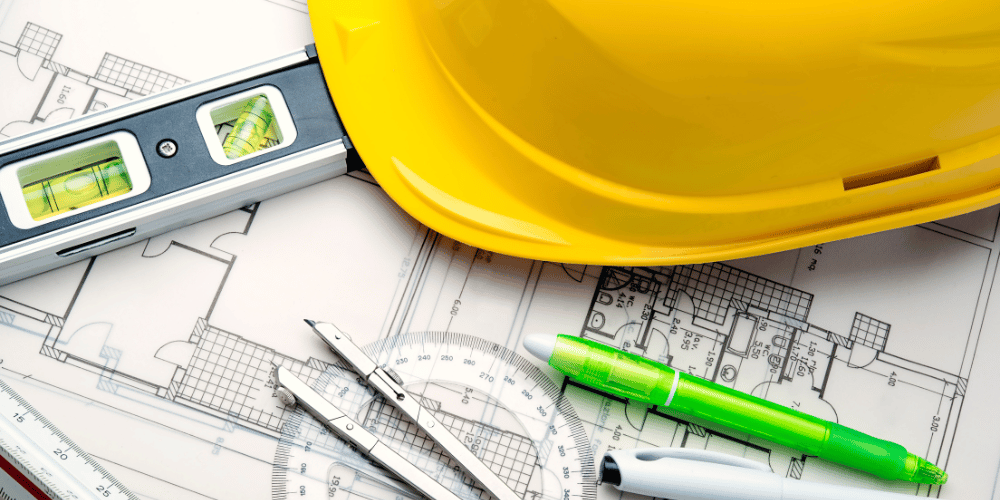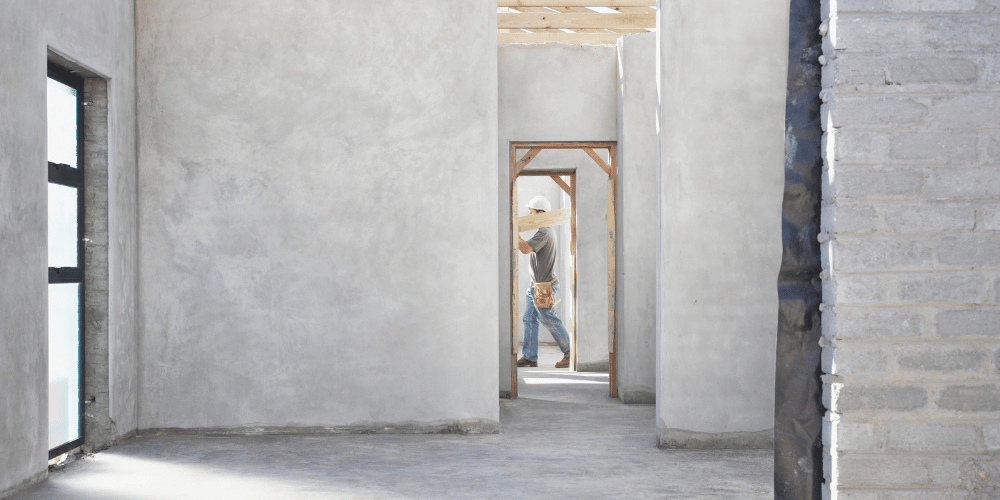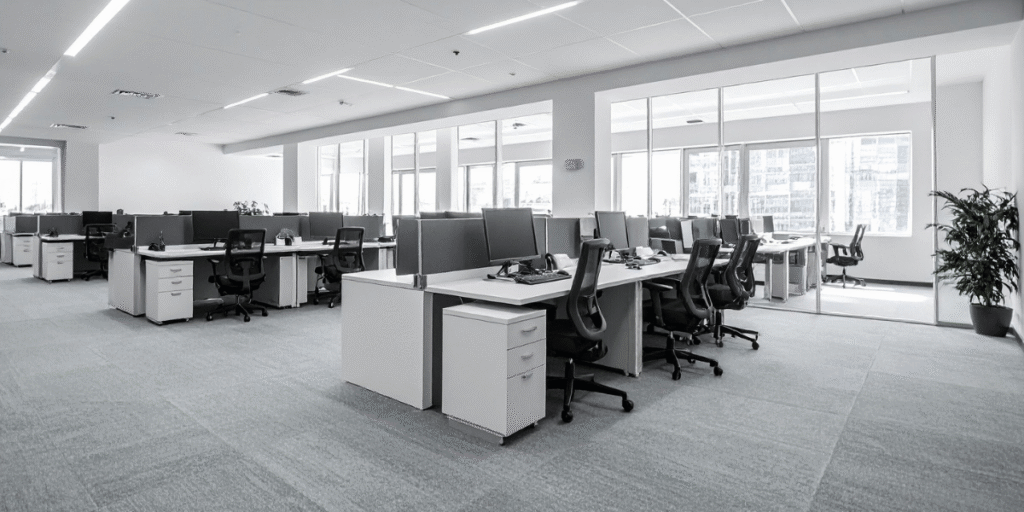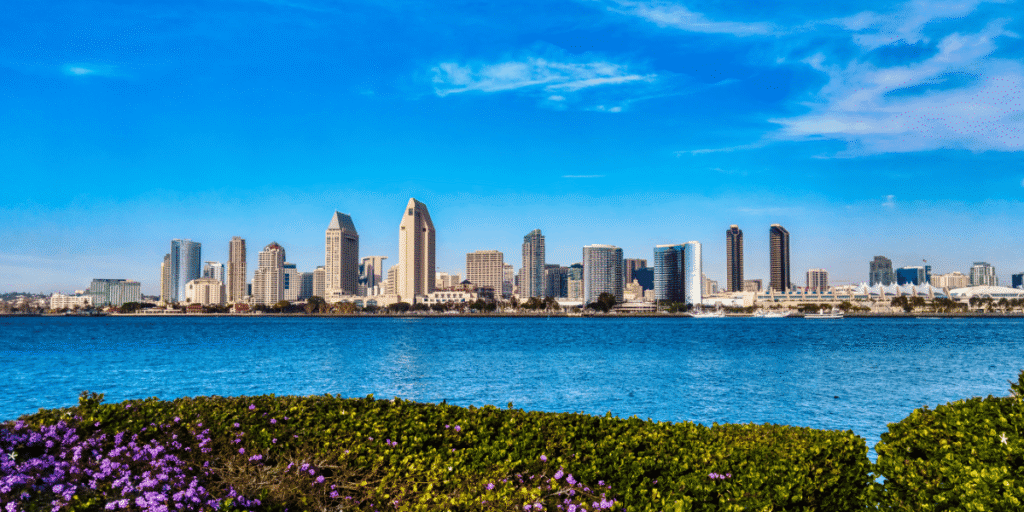Commercial vs Industrial Construction: Key Differences

If you own, manage, or direct a commercial property, one of the most important decisions you’ll face is choosing between industrial or commercial construction.
This choice can significantly impact your bottom line, making it crucial to understand the key differences between these two types of construction for an informed decision.
In this blog post, we’ll comprehensively examine commercial vs industrial construction. We’ll cover everything from the materials and methods used to the cost and time requirements, providing a clearer understanding of what distinguishes each type.
Industrial and Commercial Construction Explained
Industrial and commercial construction are two distinct types of construction projects. Understanding the differences between them is essential for anyone involved in the construction industry.
Industrial Construction
Industrial construction involves creating facilities designed to handle complex and specialized processes. These facilities are crucial in the manufacture, production, and distribution of products or materials and are foundational in supporting and driving various industries.
From factories to power plants, these structures require intricate planning and precise project management to ensure spaces that are safe, practical, and efficient in promoting industrial growth.
Considering the global importance of construction, it’s noteworthy that the revenue of the global construction industry is on an upward trajectory. In 2020, the construction market was valued at 6.4 trillion U.S. dollars and is projected to more than double by 2030, reaching an impressive 14.4 trillion. This growth underscores the pivotal role of industrial construction in the broader economic landscape, producing structures that are not only visually impressive but also serve as a vital foundation for many industries.
Commercial Construction
Commercial construction involves the creation of buildings that accommodate commercial institutions such as offices, healthcare clinics, hospitals, stores, and schools.
While the term “commercial construction” can include industrial construction, it primarily refers to the construction of business and retail establishments. From small-scale office buildings to large-scale strip malls and hospitals, the size and scope of commercial construction projects can vary greatly.
Regardless of scale, commercial construction requires detailed planning, materials, and expertise to create structures that meet the needs of the intended business and its customers.
Key Differences
Here are some of the most important differences between industrial and commercial construction:
Design and Layout
Grasping the difference between commercial and industrial construction in terms of design and layout is crucial for any building project.
- Commercial Buildings:
- Geared towards businesses or service-oriented activities in the ‘commercial vs industrial’ comparison.
- The focus is on crafting an inviting, aesthetically pleasing space.
- Prioritizes creating environments that are customer-friendly and easily navigable.
- Industrial Structures:
- In the ‘industrial vs commercial’ context, these are designed for manufacturing or production.
- The design emphasizes operational functionality and efficiency.
- Includes necessary safety measures and accommodation for heavy machinery.

Materials and Construction Methods
While commercial buildings tend to focus on creating aesthetically pleasing designs with a focus on the customer experience, industrial buildings prioritize functionality and durability. As such, the materials used for these two types of buildings can vary significantly.
For instance, commercial buildings often feature:
- Large glass windows
- High-end finishes
- Designer fixtures
Contrastingly, industrial buildings may incorporate:
- Heavy-duty steel beams
- Concrete
- Corrugated metal siding
In terms of construction methods, commercial buildings may utilize more traditional techniques, while industrial buildings may prioritize modular construction or prefabrication due to the sheer size and complexity of these structures. In industrial settings, especially during early-phase groundwork, excavation training is often required to ensure safe and efficient site preparation.
Regulatory Requirements
When it comes to building codes and safety requirements, it’s important to note that industrial and commercial construction projects face different sets of regulations.
For industrial construction sites, the following are necessary to ensure safety:
- Permission from local zoning boards,
- Adherence to strict guidelines set at the local, state, and federal levels.
These measures are necessary to ensure the safety of those working on the construction site and those living nearby.
Zoning laws are particularly crucial for industrial construction projects because they dictate:
- How far the completed facility must be from residential areas,
- To protect the safety of individuals in those communities.
With these measures in place, both industrial and commercial construction projects can operate with a high level of safety and assurance for all involved.
Cost and Timeframe
Commercial buildings tend to be smaller in scale and more focused on aesthetics, while industrial buildings require specialized equipment and materials for their unique functions.
This can result in longer construction timelines and higher costs for industrial buildings. Several factors impact the construction budget and timeline for each type of building, such as:
- materials used,
- labor costs, and
- the complexity of the project.
As such, it’s essential to have a thorough understanding of what’s driving the costs and timelines for your specific construction project.
By working with experienced professionals who can help you navigate these complexities, you can ensure that your building is constructed efficiently and cost-effectively while still meeting all necessary standards and regulations.
Whether you’re starting from scratch or need to update an existing structure, we can help. Contact us now for commercial construction services.




